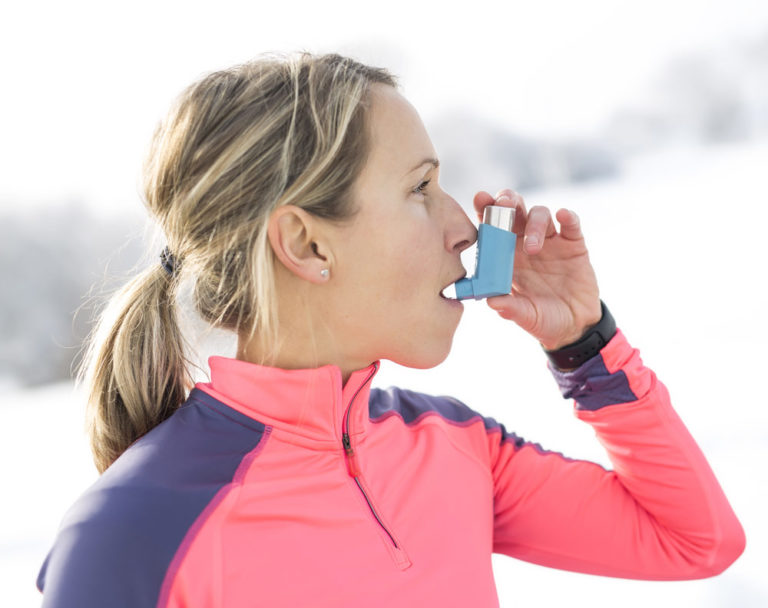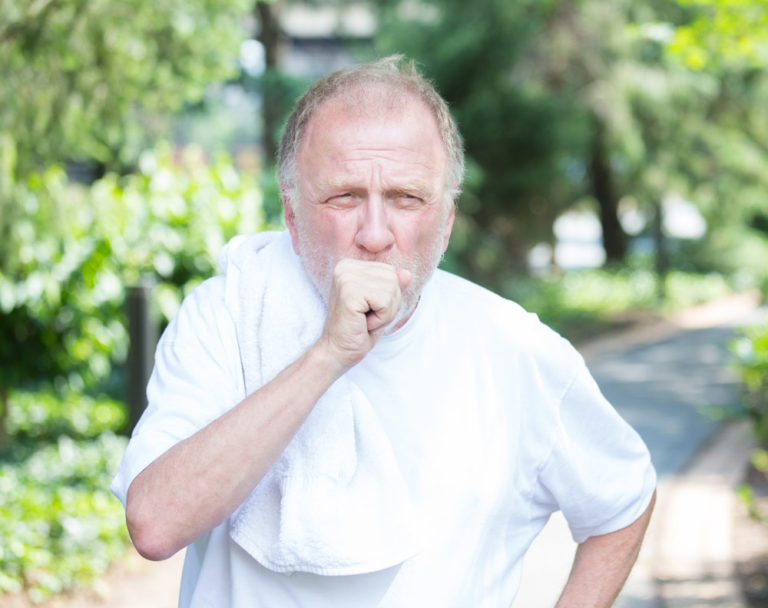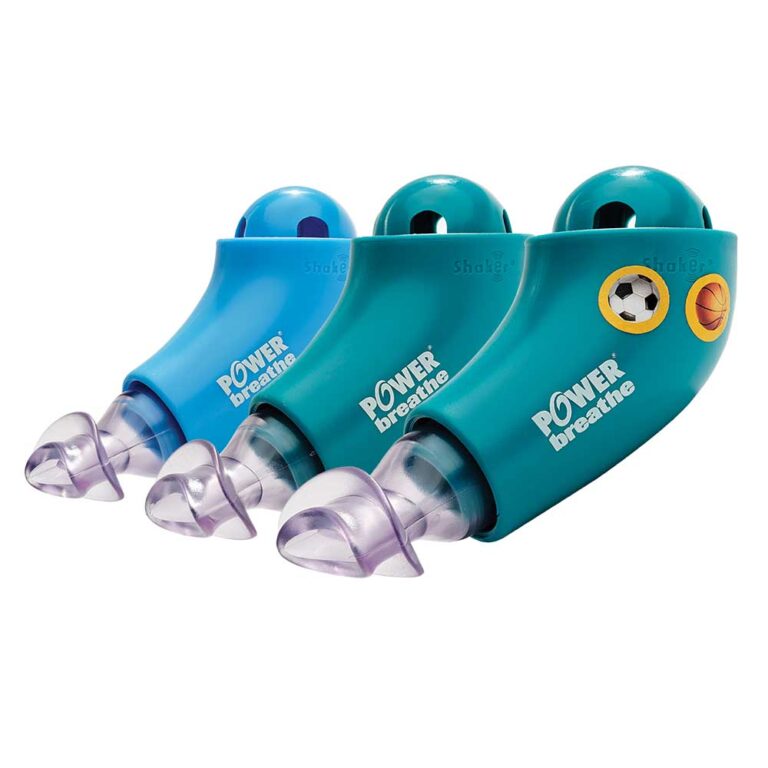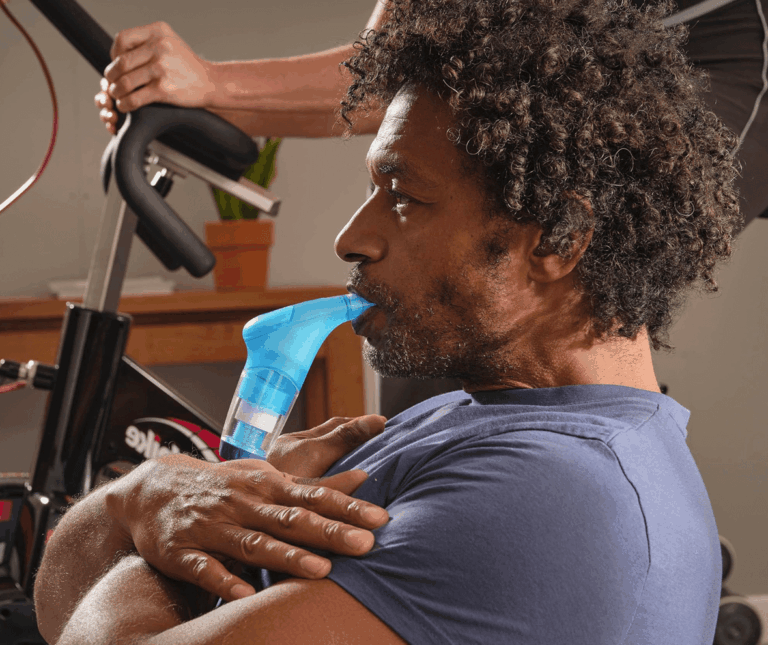
Neuromuscular Disease
Progressive weakness of your breathing muscles can result in deterioration of breathing function, however POWERbreathe breathing training can improve this.

Respiratory complication is one of the most common progressive conditions associated with neuromuscular disease or disorder (NMD) and may be the result of inspiratory muscle weakness. You’ll notice signs such as extreme shortness of breath from slight effort, also known as dyspnoea; and use of your accessory respiratory muscles, which indicates effort when breathing.
This progressive breathing muscle weakness can lead to deterioration of breathing function, however breathing muscle training, or Respiratory Muscle Training (RMT), such as with POWERbreathe IMT, can improve respiratory function. POWERbreathe RMT works by exercising the muscles you use to breathe, improving breathing strength and stamina and reducing breathing muscle fatigue. RMT is drug-free and has no side effects or drug interactions; just speak to your GP first. Read Precautions and Contraindications.
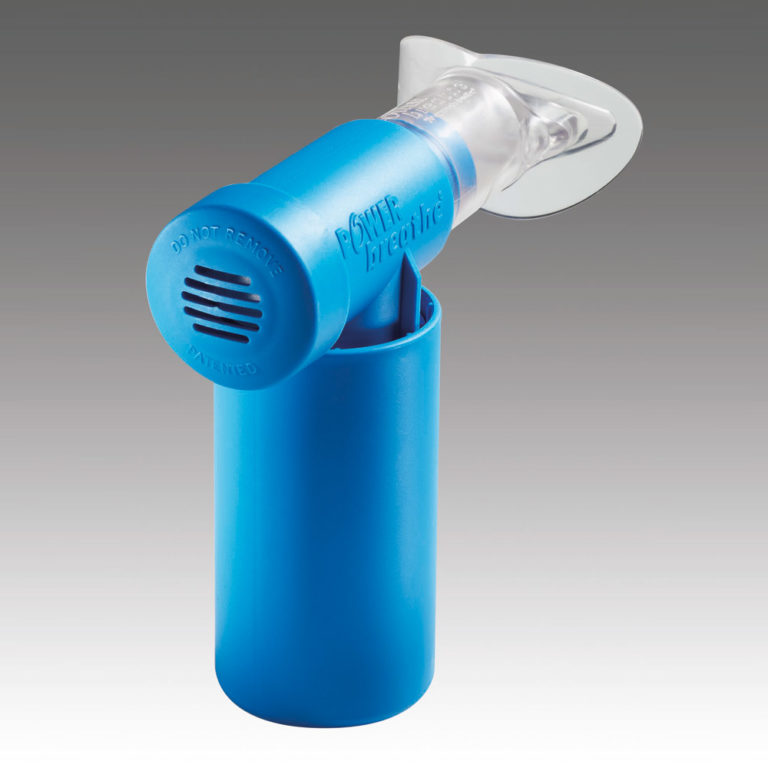
If you also experience difficulty coughing, this can be another sign of impairment of your respiratory muscles and is a result of expiratory weakness. This poor airway clearance can cause infections such as pneumonia and atelectasis (closure/collapse of lung tissue). However, a review finds that IMT may reduce the risk of developing atelectasis.
Target Breathing Weakness With RMT
There are different types of Respiratory Muscle Training (RMT) for targeting the type of weakness present. So, you will need to perform Inspiratory Muscle Training with POWERbreathe IMT devices for inspiratory muscle weakness. And for expiratory muscle weakness, you’ll need to perform Expiratory Muscle Training, also known as EMST (Expiratory Muscle Strength Training), with POWERbreathe EMT devices.
Select An Activity
Downloads
The effect of inspiratory muscle training in primary ciliary dyskinesia and cystic fibrosis patients: A pilot study
Respiratory therapies for Amyotrophic Lateral Sclerosis: A state of the art review
IMT significantly improves respiratory muscle strength in adults with spinal cord injuries—irrespective of time since injury, or degree of injury completeness
2 Years’ Experience With Inspiratory Muscle Training in Patients With Neuromuscular Disorders
10-week IMT training increased inspiratory muscle strength in persons with advanced MS
